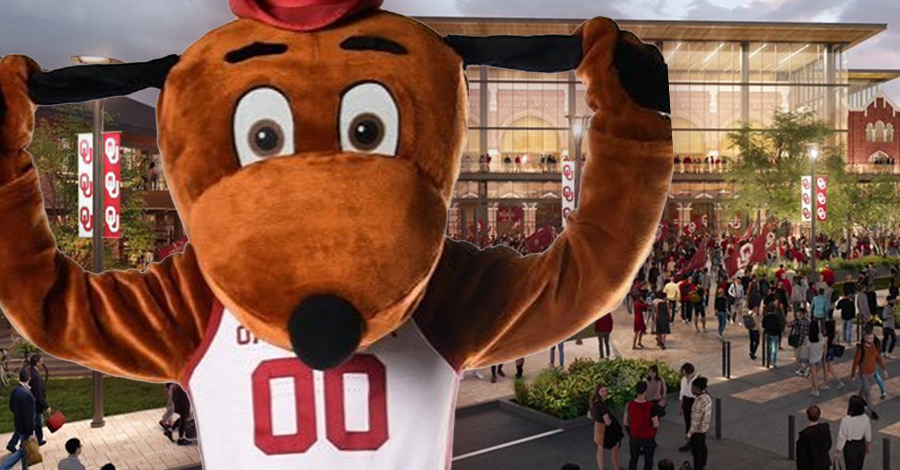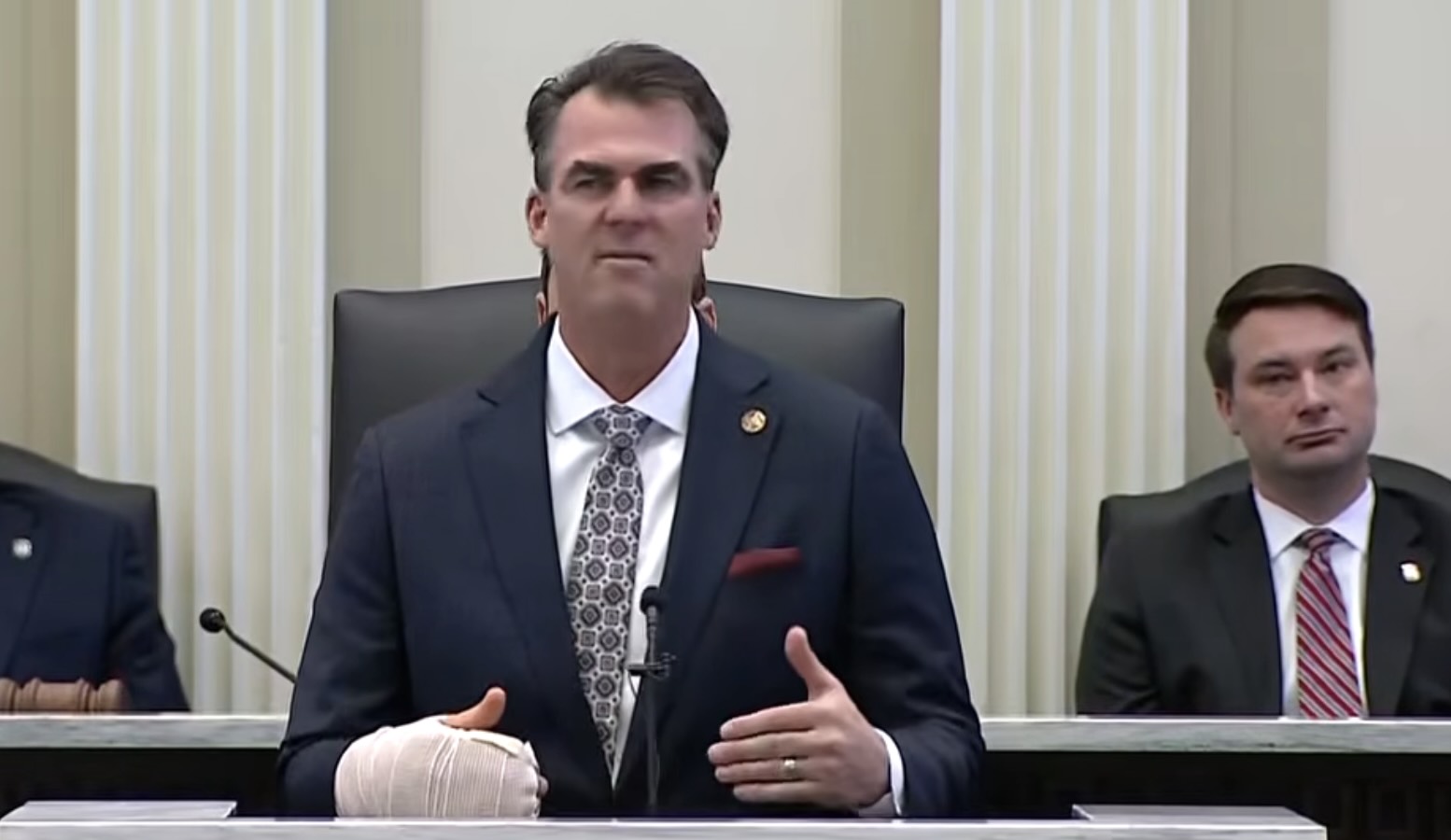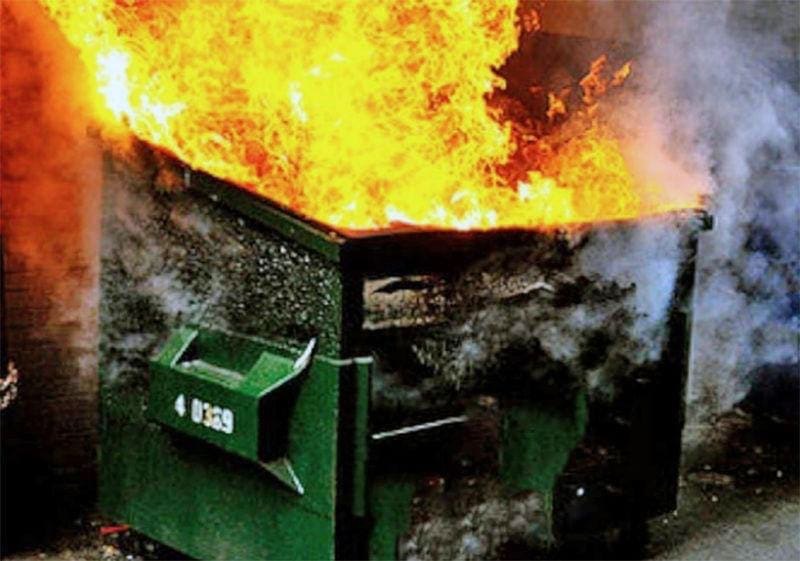Move over Frackquakes!
The loud pops and cracks coming from our north this past winter may have been more than exploding OG&E power stations or people exercising their First Amendment right by firing guns into the sky on New Year’s Eve.
According to a recent article posted on KFOR.com, those loud noises may have been the result of a new phenomenon known as “frostquakes.” They're totally different than the quakes we continue to experience in Oklahoma, which everyone wearing a labcoat – minus some oil and gas folks – believe are caused by injecting fracking wastewater into the ground.
Via KFOR:
“Frost quakes” aren’t entirely uncommon, but the noises they make can be entirely unsettling if you’re never experienced one.
A couple in Kansas recently witnessed their first frost quakes — also known as cryoseisms or ice quakes — after moving to Concordia before the first cold snaps of the season.
“I was outside one day and kept hearing these ‘pops’ that sounded like firecrackers going off underground, right by where I was standing,” said Melody Gillan. “My husband thought I was crazy. He said it was someone shooting a gun off in the distance.”
I'm not going to lie – Frostquakes sound kind of fun! It's a shame we don't get them here. Then again, maybe we do and people in rural Oklahoma just think it's their neighbor having fun with Tannerite.
Although Frostwakes sound cool, the United States Geological Survey has offered an alternative explanation. They claimed that the pops and cracks might have come from “the expansion and contraction of houses and other structures due to the extreme temperatures.” I don’t know why geological agencies insist on gaslighting people, but they seem to be implying that the Gillans weren’t sure if they were standing on their front lawn or on top of a house.
While the Oklahoma Geological Survey could not be reached for comment, I have no doubt they will remind our neighbors to the north that no one has ever proven frostquake-causing-ice in the soil comes from fracking wastewater, and that they should instead check their local lakes for any signs of rising and lowering water levels.
-
Editor's Note: Although he's written for us a few times in the past, Rob O. is kind of new around here.







